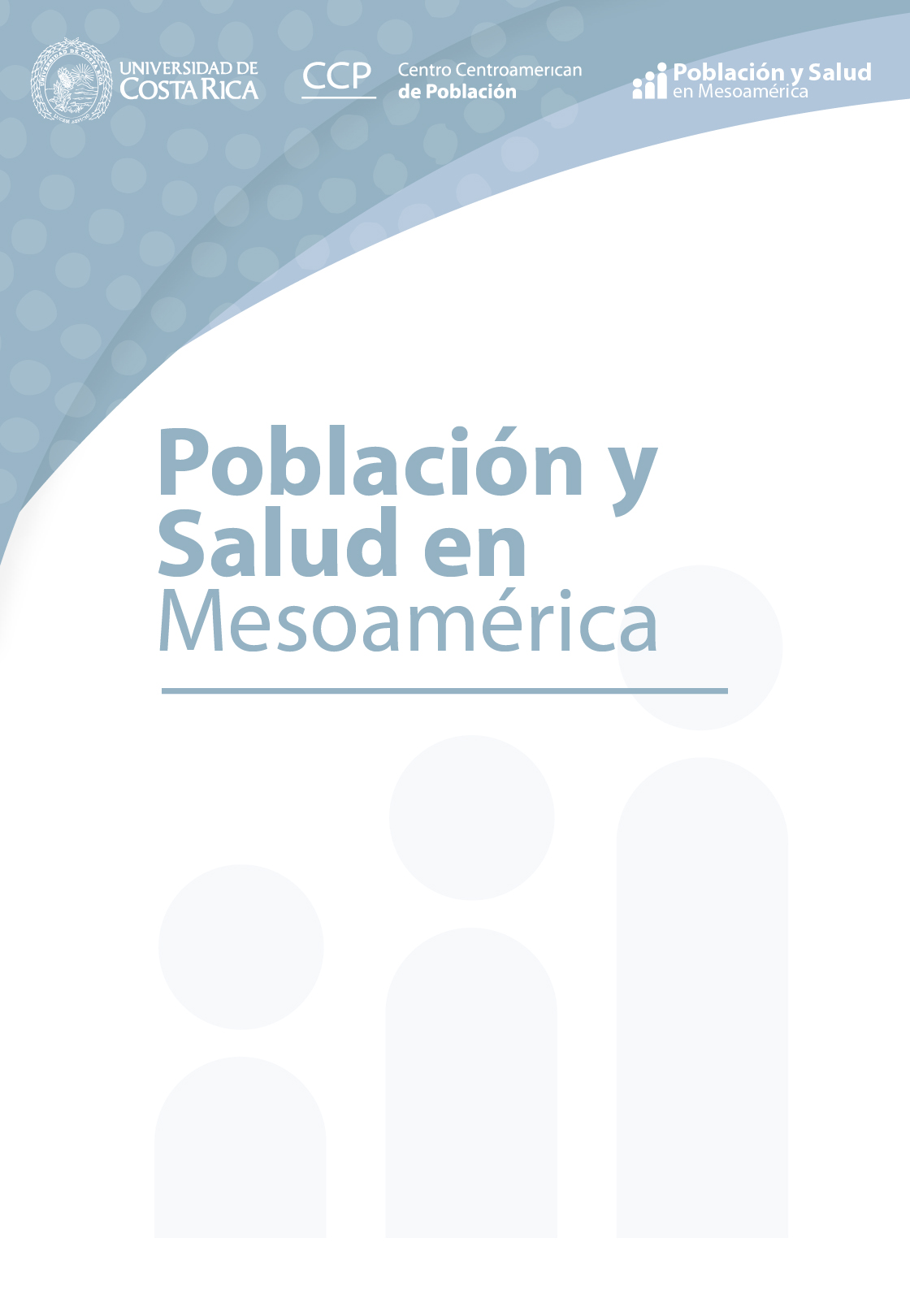Abstract
Objective: To describe the process of construction and validation of an educational instrument, with a post-intervention design, for health promotion and surveillance of non-communicable chronic diseases (CNCDS) in Brazilian Quilombola communities. Methodology: This is a methodological study to validate an instrument with a mixed study of quantitative and qualitative research, carried out in Quilombolas communities in the municipality of Capela/Sergipe, state Brazil. As the first stage of the construction of the educational instrument, the social and clinical profile was identified, concomitantly with health education actions on the prevention of healthy diseases and lifestyles, in order to identify the information deficits, Fragilities and potentialities in the Quilombola environment. For the validation of the educational instrument, the content validity index was calculated. Results: The content validity index was obtained in the order of 0.94. The Quilombolas present several weaknesses for the development of CNCDS, however the potentialities can be strengthened and the opportunities worked, highlighting the importance of educational strategies for the prevention of health problems. Conclusion: The validation process showed that the booklet was considered valid for education and health in Quilombola communities, because it is attractive, reliable and easy to understand for this population group. It is concluded that the proposed objective was achieved, the educational booklet titled "Learn how to care for your health" was validated for layout and content with specialists, and the ease of understanding with community leaders Quilombolas.


